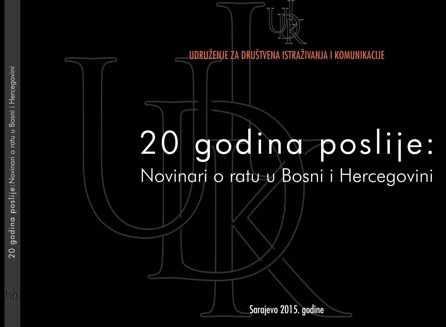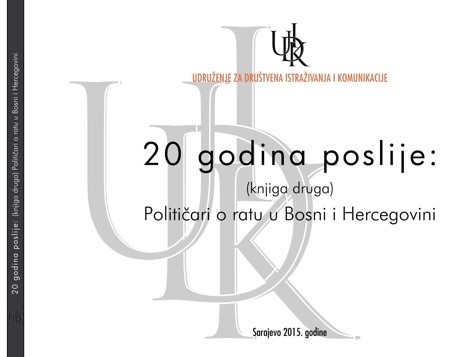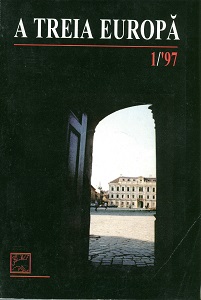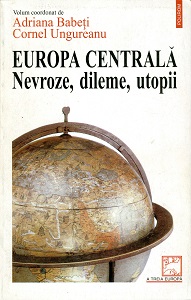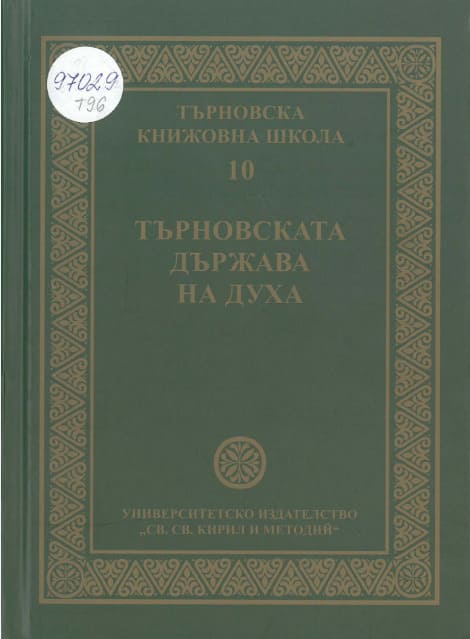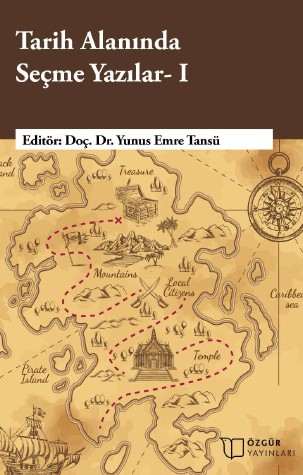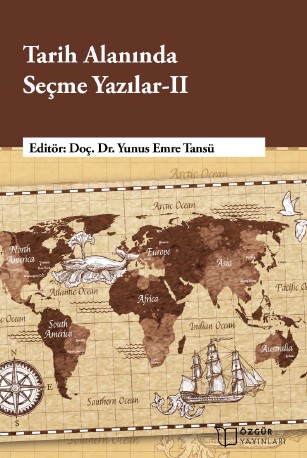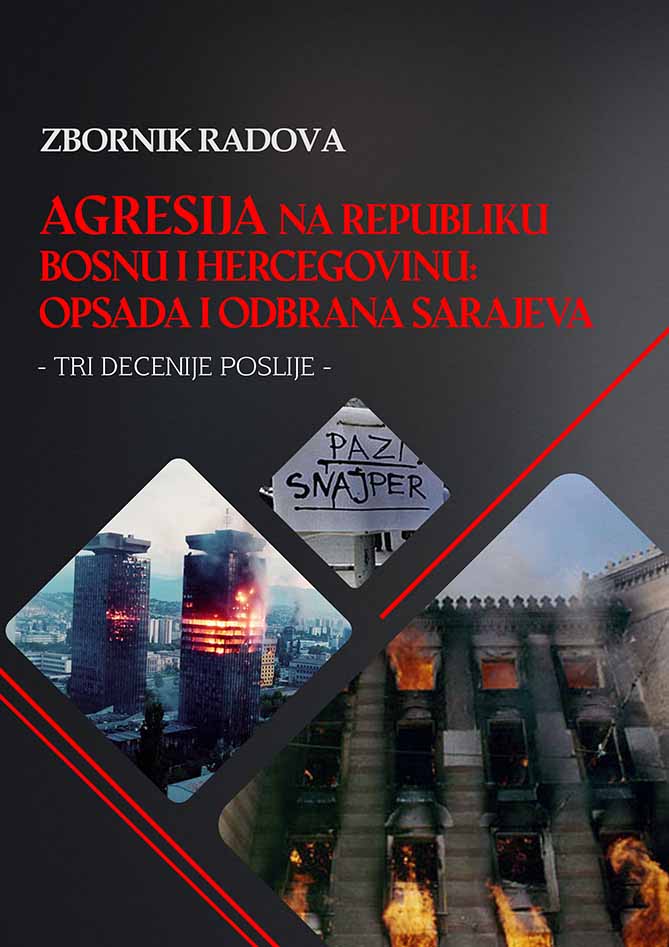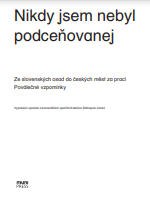
Já dokážu na Facebooku komunikovat s Romy z celého světa. V romštině - Ignác Zima (1938)
Narodil jsem se v roce 1938 v Kopčanech na česko slovenském pomezí. Bydlel jsem v romské osadě. Z dětství si pamatuju, jak moje matka vařila. Pamatuju si, že když nebyl cukr, tak se udělaly kolečka cukrové řepy a to se dalo do melty a uvařilo se to. A moje specialita byla, že jsem ty kolečka vyndával a jedl, protože to bylo nasáklé tou meltou, to jsem jedl dost často. Matka když vařila, tak desetilitrový hrnec polívky. Pak vzala kastrólek, naplnila ten kas trólek a řekla mně: „Ďa, de, ďa.“ „Zanes to, tam a tam.“ Aji kdyby to bylo jen o padesát metrů dál. Když věděla, že tam nemají co jest, nebo já nevím co. A mně bylo devět deset a s velikou hanbou jsem tam šel a donesl jsem to. Býval jsem proto vzteklý. Ale ona tak byla zvyklá. A oni jí zase na oplátku třeba něco vrátili, když vařili. Ty polívky byly teda vynikající. Akorát že já, když jsem už začal chodit do školy a měl jsem kamarády Neromy, a teď jsem tam někde viděl, že spolužák má polévku a ještě druhé, další jídlo, tak jsem to doma taky tak chtěl dělat. Tak jsem z té polévky vybíral brambory a maso. A polévku jsem snědl jenom s nudlema. A ty brambory s masem zvlášť a měl jsem druhé jídlo. No. Matka byla takhle zvyklá a moc Romů bylo takhle zvyklých a nejsem moc daleko od toho říct, že to tak dělají někteří i tady. Ale už to není v takovém rozsahu a dělá to spíš ta vzdálená rodina. Zůstal u nás ještě zakódovaný ten zvyk, že to ani jinak být nemůže, že host vždycky dostane najíst, i kdybychom s ním nepočítali. Kdyby došel i žebrák, nějaký tulák, že ho necháme sednout a dáme mu, nabídneme mu. To je tak v duši toho člověka zapsané, že ho pohostí. Nikdy nemá výmluvu, ba naopak když někdo došel náhle, tak ho nechal na svojí posteli si lehnout a on si lehl třeba na zem. A taky se stávalo, že policajti hledali takových těch pochybných lidí u Romů. Že se tam někde zatoulali, no.
More...
